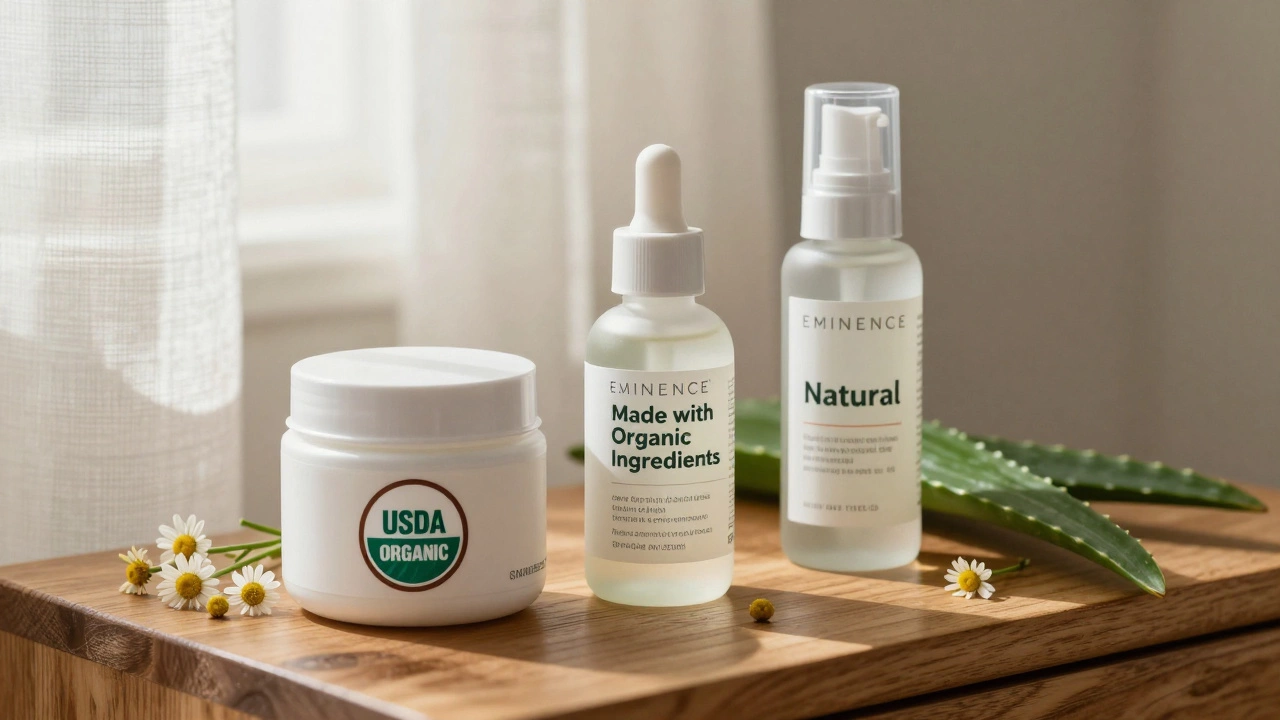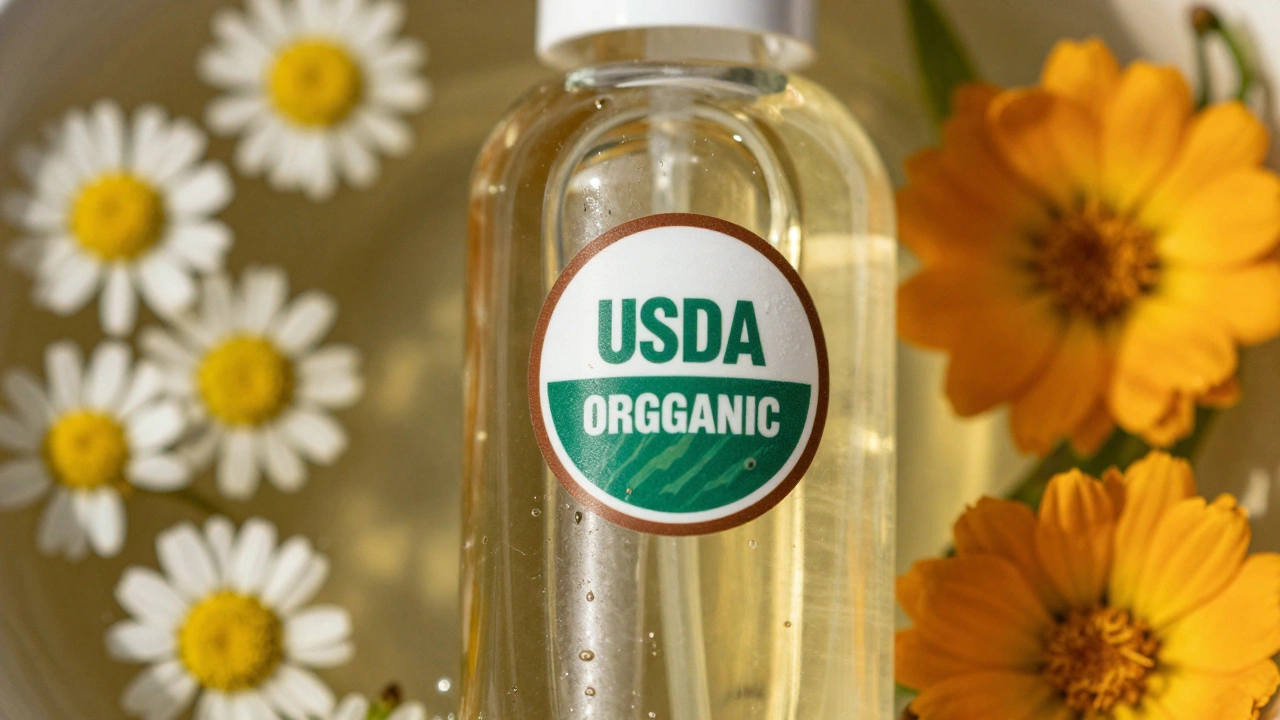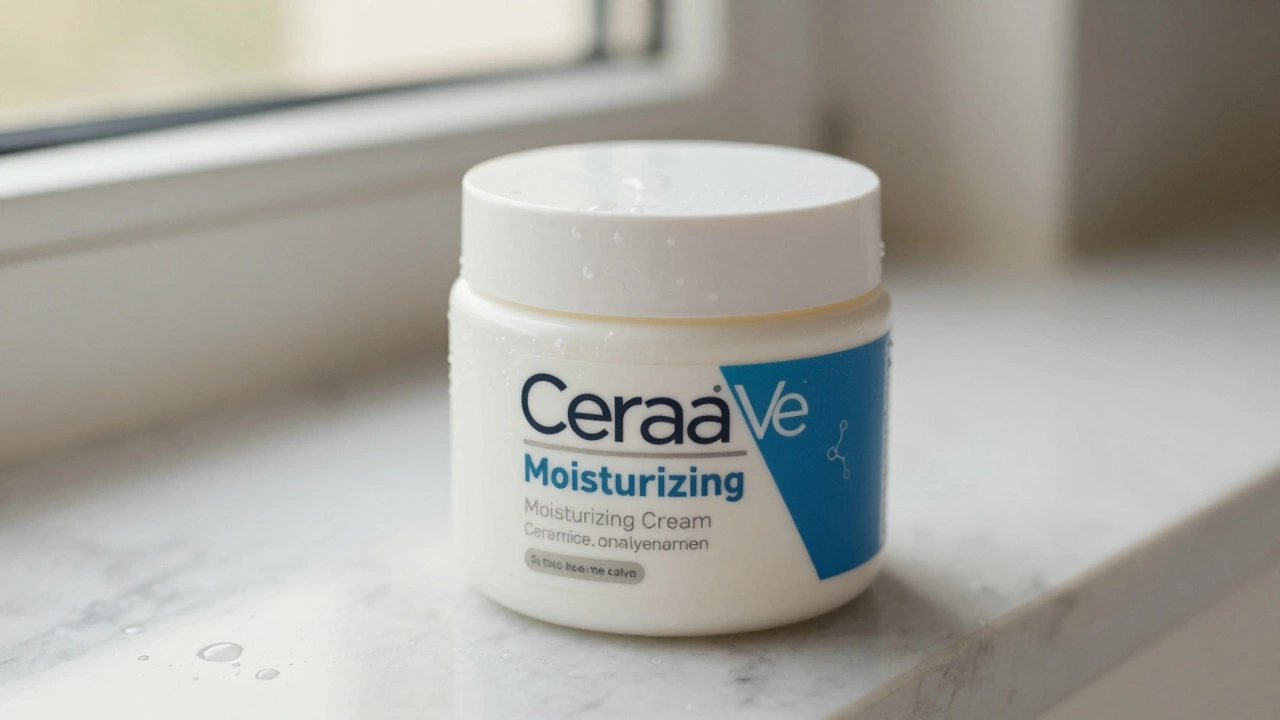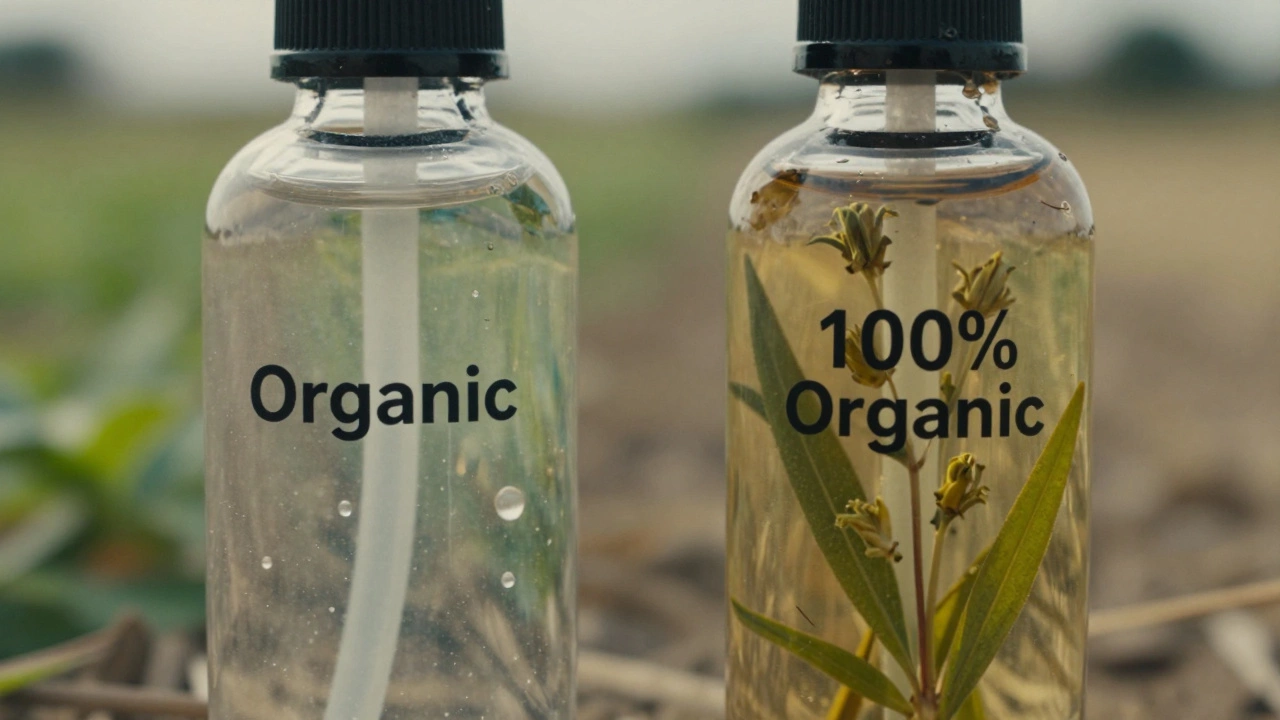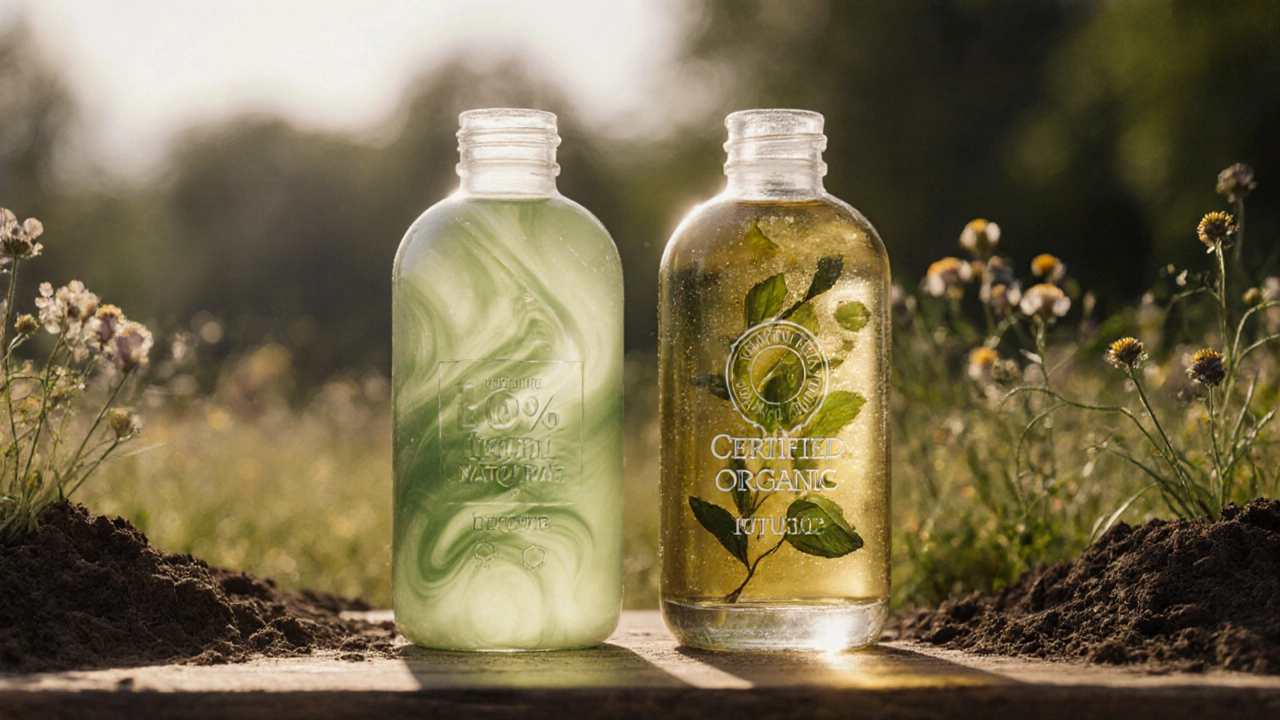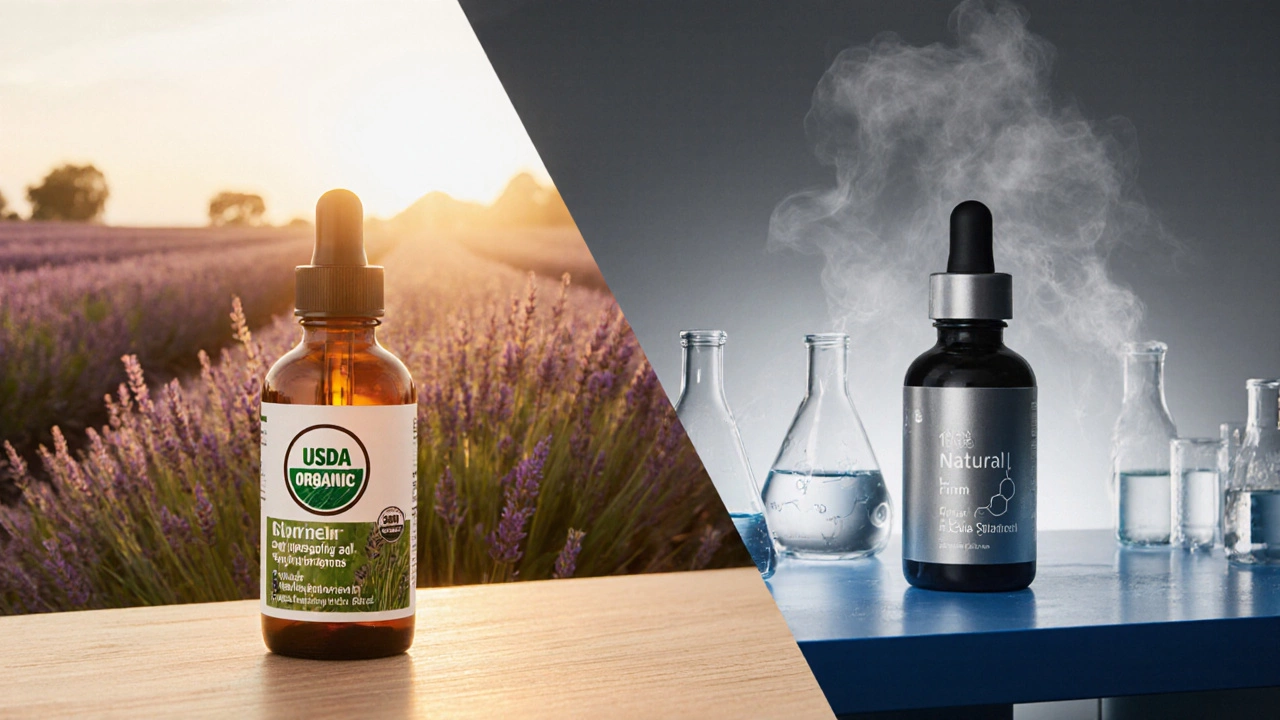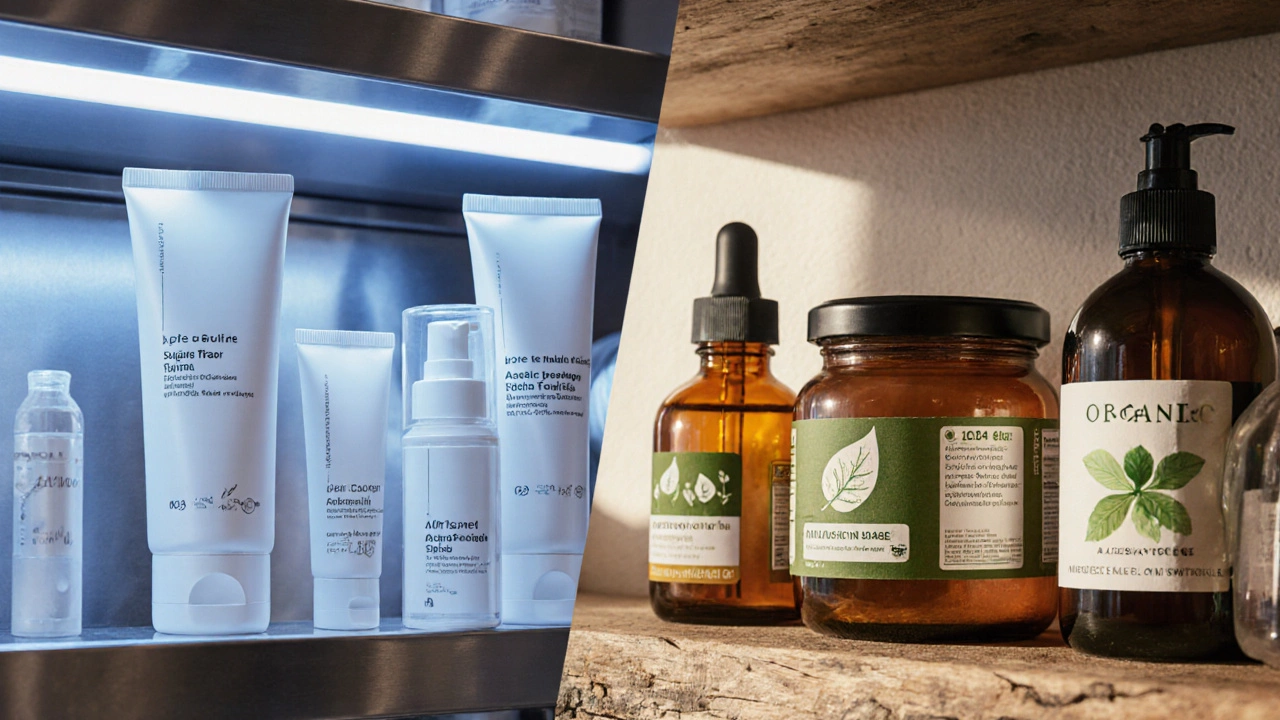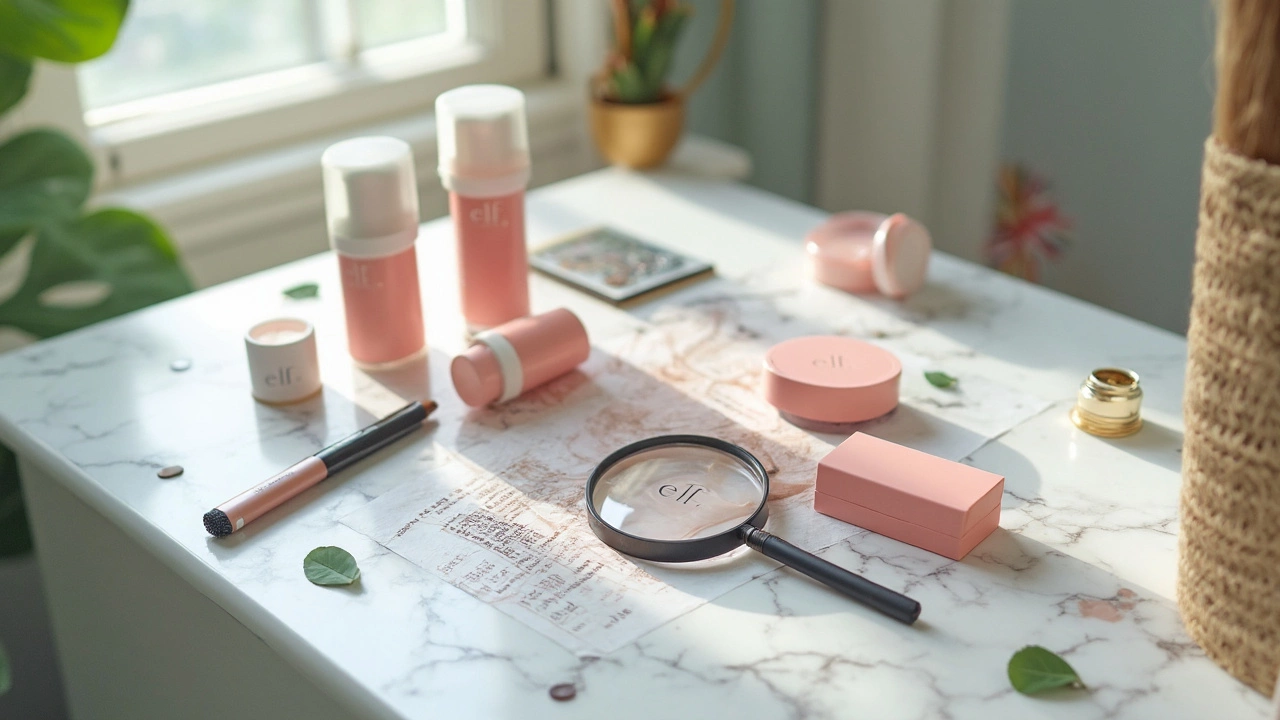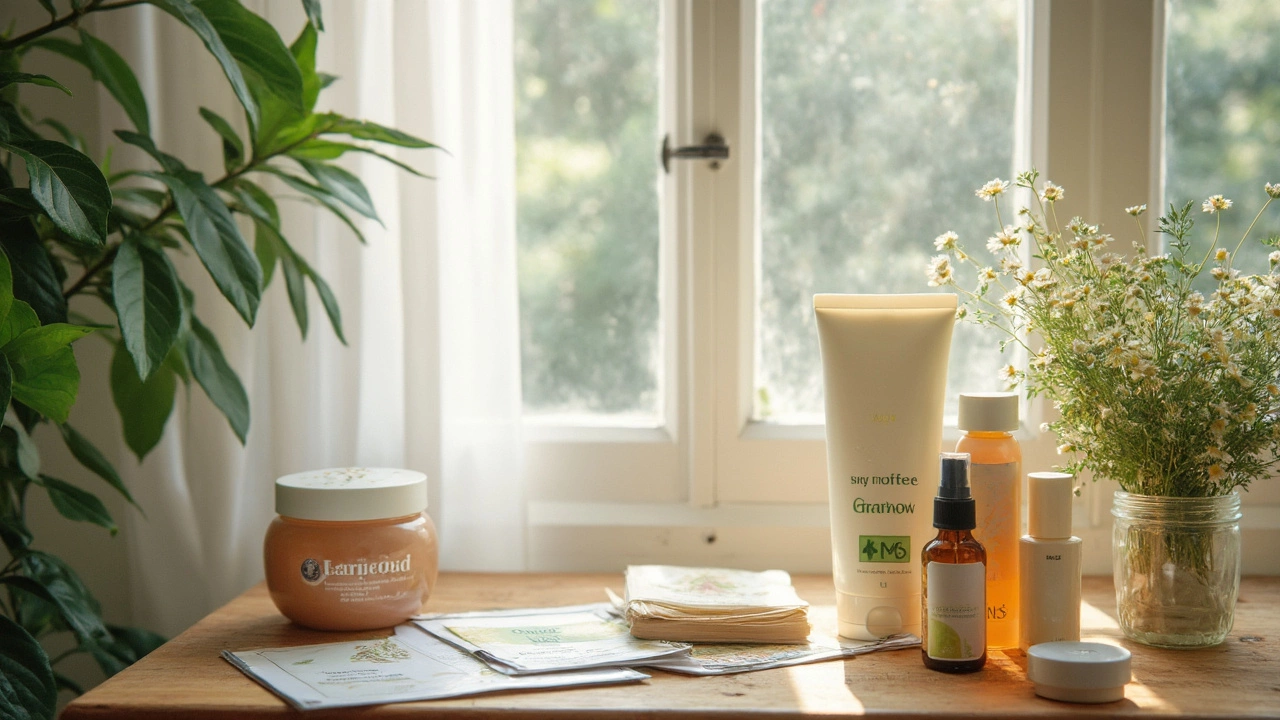Organic Skincare Made Simple: What You Need to Know
Ever looked at a product label and felt lost? You’re not alone. Organic skincare is more than a buzzword; it’s a real choice for healthier skin and a cleaner planet. Below you’ll get the basics, a quick cheat‑sheet for reading labels, and a few top picks that actually deliver.
Why Switch to Organic Skincare?
Most conventional cosmetics rely on synthetic chemicals that can irritate, dry out, or even accelerate aging. Organic formulas skip those harsh additives and stick to plant‑derived actives, which usually sit gentler on the skin. Switching can mean fewer break‑outs, less redness, and long‑term protection from damage caused by pollutants and UV exposure. It also supports farms that grow ingredients without pesticides, which is a win for the environment.
One of the biggest myths is that “organic” equals “expensive”. That’s not always true. Brands like Elf offer affordable options, but you need to check the ingredient list. If the first three components are botanical extracts, you’re likely in safe territory. If you see a string of silicones, parabens, or synthetic fragrances, walk away.
How to Spot Truly Organic Products
Here’s a quick label‑reading guide you can use in any aisle:
- Look for certifications: Look for EU‑organic logos or reputable third‑party seals.
- Check the first three ingredients: They should be natural extracts, oils, or butters.
- Avoid common culprits: Parabens, sulfates, phthalates, and synthetic dyes are red flags.
- Ingredient length matters: Shorter lists usually mean fewer unnecessary fillers.
If you’re still unsure, focus on products that list recognizable kitchen ingredients—like aloe vera, green tea, or jojoba oil. Those are usually safe bets.
For those over 55, hydration becomes the top priority. Organic moisturizers with hyaluronic acid derived from plant sources, squalane from olives, and antioxidant‑rich oils can boost elasticity without the sting of harsh chemicals. Brands that highlight “organic” on the front, along with specific ingredient claims, tend to perform better for mature skin.
Don’t forget the basics: a good cleanser, a serum with vitamin C or niacinamide, and a daily sunscreen. Pairing these with an organic moisturizer locks in moisture and protects against daily stressors.
Lastly, natural remedies from your kitchen can complement your routine. A teaspoon of honey as a mask, a splash of rose water as a toner, or a drizzle of coconut oil as a night cream can give your skin that extra boost without a pricey label.
Ready to make the switch? Start by swapping one product at a time, read the labels, and notice how your skin reacts. You’ll quickly see which formulas work for you and which don’t. Organic skincare isn’t a fad—it’s a sensible approach to keeping your skin healthy, radiant, and ready for anything.
Is Eminence Organic Skincare Really Organic? The Truth Behind the Labels
Eminence Organic Skin Care claims to be organic, but not all its products are USDA-certified. Here’s what’s truly organic, what’s not, and whether it’s worth the price.
How to Know if a Skincare Product Is Organic: A Simple Guide for Real Results
Learn how to spot real organic skincare from fake claims. Know which certifications matter, what ingredients to avoid, and how to verify if your products are truly organic.
What Is the Number One Moisturizer Recommended by Dermatologists?
CeraVe Moisturizing Cream is the number one moisturizer recommended by dermatologists for its ceramide-rich formula that repairs skin barriers. It works for dry, sensitive, and acne-prone skin-and costs less than most organic brands.
What Is the Difference Between Organic and 100% Organic Skincare?
Understand the real difference between organic and 100% organic skincare. Learn what certifications mean, why it matters for your skin, and how to spot genuine products vs. greenwashing.
Why Is Eminence Organic Skincare So Expensive?
Eminence Organic Skincare is expensive because it uses certified organic ingredients, handcrafted small-batch production, high concentrations of botanical actives, and sustainable packaging-no fillers, no synthetics, no shortcuts.
Is 100% Natural the Same as Organic in Skincare?
Natural doesn't mean organic in skincare. Learn the real difference between the two labels, what certifications actually require, and how to spot truly clean products that protect your skin and the planet.
Is Organic Skincare Really 100% Natural?
Find out what 'organic' really means for skincare, how it differs from 'natural', and how to read labels to spot true organic products.
Medical Grade Skincare vs Organic Skincare: Key Differences Explained
Explore the core differences between medical grade and organic skincare, from regulations and ingredients to pricing and efficacy.
Is Elf an Organic Brand? The Truth Behind Your Favorite Makeup
Curious if Elf counts as an organic brand? A lot of people grab Elf for the affordability and stylish packaging, but wonder about what's actually in those bottles and tubes. This article breaks down what 'organic' really means, where Elf stands, and whether it meets the bar for natural, clean skincare. You’ll find actual tips for spotting organic products and learn what makes a brand truly organic. No sugarcoating—just straightforward facts, so you know exactly what you’re putting on your skin.
Organic Skincare: Why Make the Switch Now?
Ever wonder what’s actually in your skincare products? This article breaks down the surprising facts about conventional vs organic skincare, shows how switching can benefit your health and the planet, and shares easy tips for starting an organic routine. Real examples and practical advice make it simple to get started. Find out why more people are ditching chemicals for nature’s own remedies. You’ll learn what ingredients to look for, which ones to avoid, and how to make the transition hassle-free.
Best Natural Remedies for Your Skin: A Closer Look
Discover the best natural remedies for maintaining healthy and glowing skin. Learn about common kitchen ingredients and plant-based products that can transform your skincare routine. Explore simple tips and tricks to enhance your natural beauty without harmful chemicals. Understand why these organic options work and how to incorporate them into your daily regimen. Elevate your skincare game with nature's best offerings.
The Best Organic Moisturizers for Women Over 55: Top Picks for Radiant Skin
Choosing the right organic moisturizer for women over 55 can transform mature skin by providing hydration, reducing fine lines, and enhancing radiance. As skin matures, it requires products that are gentle, natural, and deeply nourishing. This article explores the top organic moisturizing products that cater specifically to the needs of mature skin. Emphasis is on ingredients that promote skin elasticity and health without harsh chemicals. It is essential to find the perfect blend of hydration and anti-aging benefits.

